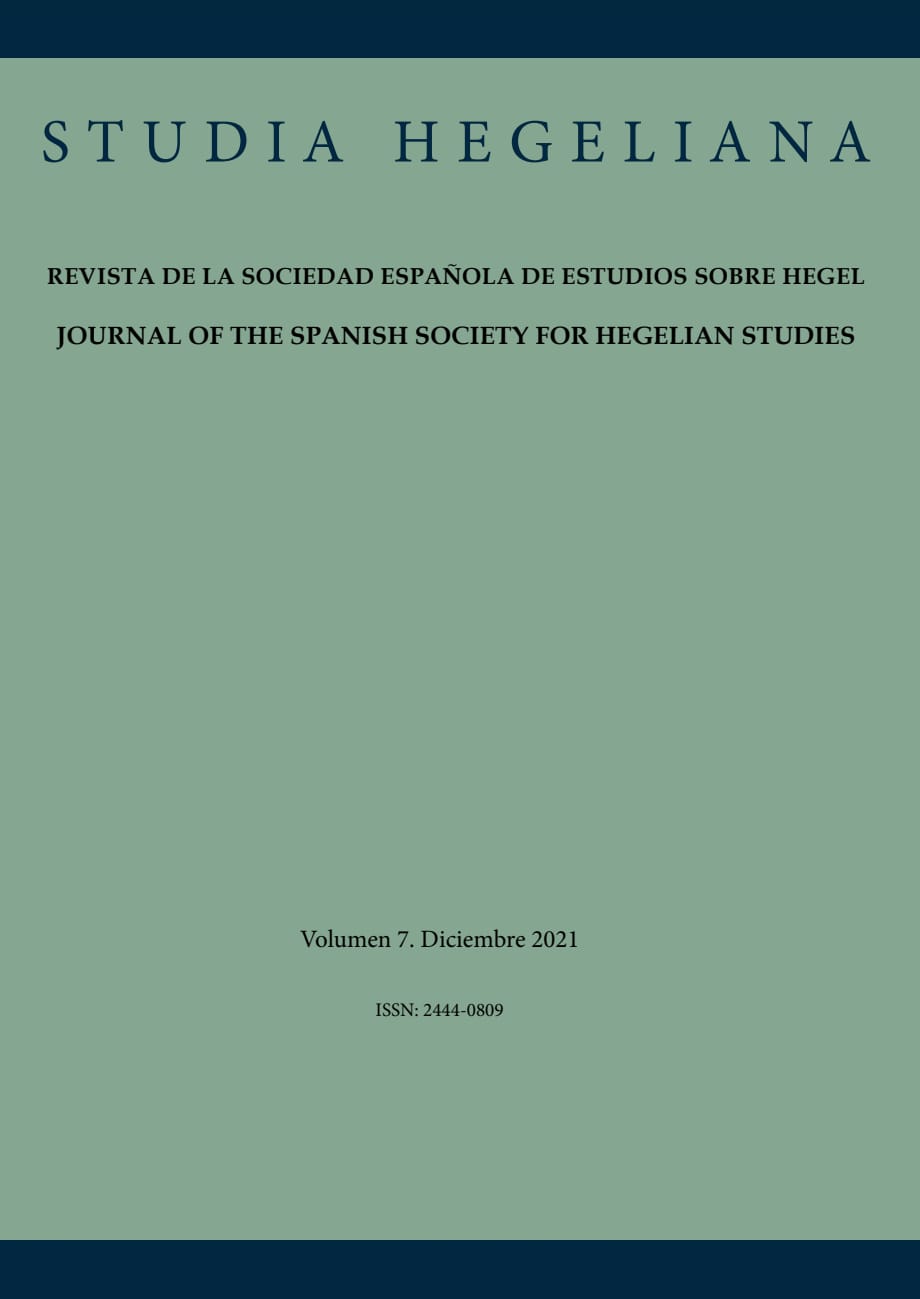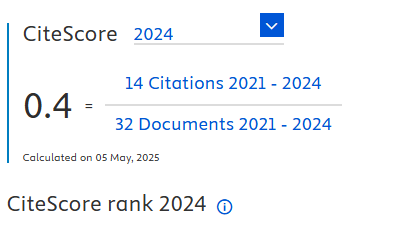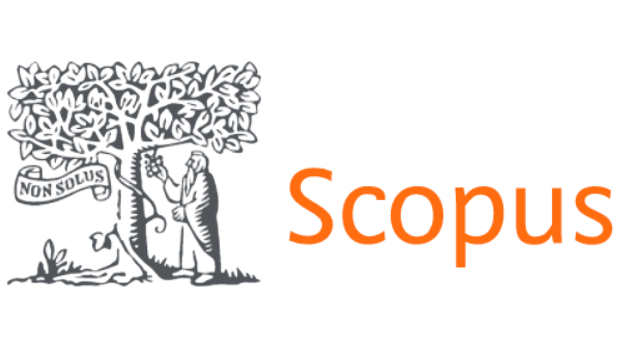La recepción inicial de Hegel en Schopenhauer (1813-1827)
DOI:
https://doi.org/10.24310/Studiahegelianastheg.v7i.12425Keywords:
Hegel, Hegelianism, Post-Kantian philosophy, SchopenhauerAbstract
Traditionally, Schopenhauer’s philosophy is often introduced emphasizing its opposition to Hegel ("anti-Hegelianism") and sometimes seen as some kind of reaction to Hegel’s system, being therefore indebted to it in some measure. This article shows that the available documents about the beginnings of Schopenhauer’s relation to Hegel make such hypothesis untenable; moreover, they can give the researchers a frame of reference and several clues for a better understanding of Schopenhauer’s further discussion with Hegelianism.
Downloads
Metrics
Publication Facts
Reviewer profiles N/A
Author statements
Indexed in
-
—
- Academic society
- N/A
- Publisher
- Universidad de Málaga
References
Duque, Félix: «Eppur si muove, a despecho del lúcido, necesario renegar. Schopenhauer y Hegel», en: Documentos A, nº 6, Barcelona: Anthropos, 1993.
Fischer, Kuno: Schopenhauers Leben, Werke und Lehre (Geschichte der neuern Philosophie, 9. Bd.), 4. Aufl., Heidelberg: Carl Winter's Universitätsbuchhandlung, 1934 (reimpr. Nendeln-Liechtenstein: Kraus Reprint, 1973).
González Noriega, Santiago: Diccionario de filosofía contemporánea, Salamanca: Sígueme, 1976.
Gueroult, Martial: Études de philosophie allemande, Hildesheim-New York: Georg Olms Verlag, 1977.
Heidegger, Martin: Nietzsche, I, Pfullingen: Neske, 1961.
Hübscher, Arthur: Denker gegen den Strom, Bonn: Bouvier, 1988.
Kamata, Yasuo: Der junge Schopenhauer. Genese des Grundgedankens der Welt als Wille und Vorstellung, Friburgo-Múnic: Verlag Karl Alber, 1988.
Kamata, Yasuo: «Schopenhauer, Hegel, Vasubhandu. Zum geschichtlich-interkulturellen Gespräch zwischen Ost und West», en: Schirmacher, Wolfgang (ed.): Zeit der Ernte. Studien zum Stand der Schopenhauer-Forschung; Stuttgart-Bad Cannstatt: Frommann-Holzboog, 1982.
López de Santa María, Pilar:, «Introducción», en: Schopenhauer, Arthur: Parerga y Paralipómena I, Madrid: Trotta, 2007.
Lukács, Georg: El asalto a la razón. La trayectoria del irracionalismo desde Schelling hasta Hitler, Barcelona-México D.F.: Grijalbo, 1968.
Martínez Herrera, Fernando: La recepción y la crítica de la filosofía postkantiana en Schopenhauer, 2 vols., tesis leída en enero de 2016 en la Universidad de Barcelona.
Schirmacher, Wolfgang: «Schopenhauer als Kritiker der Dialektik», en: Schirmacher, Wolfgang (ed.): Zeit der Ernte. Studien zum Stand der Schopenhauer-Forschung; Stuttgart-Bad Cannstatt: Frommann-Holzboog, 1982.
Schopenhauer, Arthur: Gespräche, hrsg. von A. Hu?bscher, 2. Aufl., Stuttgart-Bad Cannstatt: Frommann, 1971.
Schopenhauer, Arthur: Der handschriftliche Nachlass, ed. de A. Hübscher, Múnic: DTV, 1985.
Schopenhauer, Arthur: Gesammelte Briefe, ed. de A. Hübscher, Bonn: Bouvier, 1987.
Schopenhauer, Arthur: Sämtliche Werke, ed. de A. Hübscher, VII vols., Leipzig: Brockhaus, 1988 (4ª edic.).
Tennemann, Wilhelm Gottlieb: Grundriß der Geschichte der Philosophie, 2. Aufl., Leipzig: J.A. Barth, 1816.
Weimer, Wolfgang: «Schopenhauer und Hegels Logik. Einfu?hrung in eine noch ausstehende Kontroverse», en: Salaquarda, Jörg (ed.), Schopenhauer, Darmstadt: Wissenschaftliche Buchgesellschaft, 1985.
Downloads
Published
How to Cite
Issue
Section
License
This journal provides immediate free access to its content under the principle of making research freely available to the public. All contents published in Studia Hegeliana. Journal of the Spanish Society for Hegelian Studies, are subject to the Creative Commons Attribution-NonCommercial-ShareAlike 4.0 licence (specifically, CC-by-nc-sa), the full text of which can be found at <http://creativecommons.org/licenses/by-nc-sa/4.0>. Derivative works are therefore permitted as long as they are not used for commercial purposes. The original work may not be used for commercial purposes. The journal is not responsible for the opinions expressed by the authors of the works published in it.
It is the authors' responsibility to obtain the necessary permissions for images that are subject to copyright.
Authors whose contributions are accepted for publication in this journal retain the copyright. It is non-exclusive right to use their contributions for scholarly, research and educational purposes, including self-archiving or deposit in open access repositories of any kind.
Since volume 7 of 2021 the journal Studia Hegeliana has changed the copyright. Since that year the authors have retained the copyright.
The electronic edition of this journal is published by the Editorial de la Universidad de Málaga (UmaEditorial), being necessary to cite the source in any partial or total reproduction.







244.png)




















